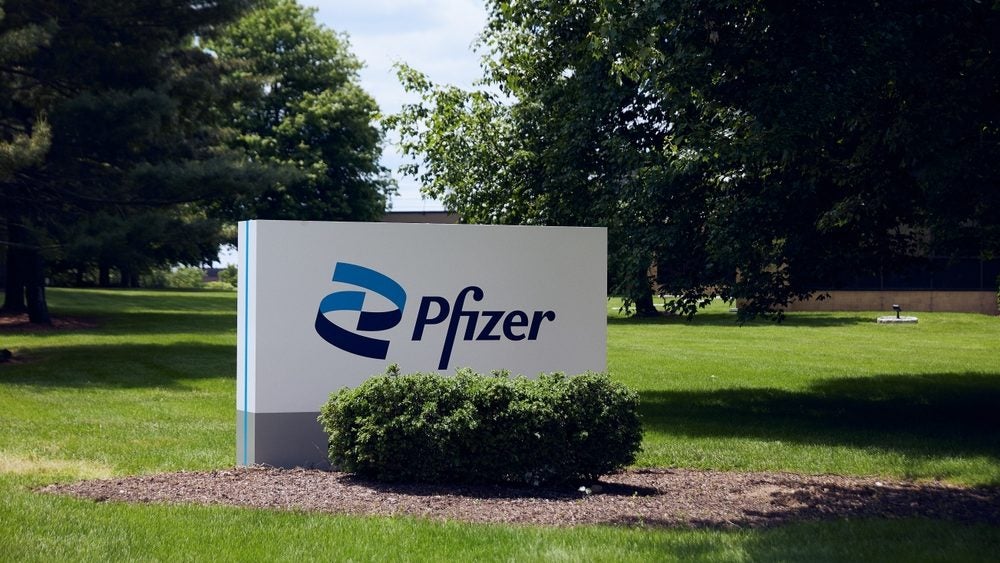Cadonilimab is under clinical development by Akeso and currently in Phase II for Metastatic Biliary Tract Cancer. According to GlobalData, Phase II drugs for Metastatic Biliary Tract Cancer does not have sufficient historical data to build an indication benchmark PTSR for Phase II. GlobalData uses proprietary data and analytics to create drugs-specific PTSR and LoA in the Cadonilimab LoA Report. Buy the report here.
GlobalData tracks drug-specific phase transition and likelihood of approval scores, in addition to indication benchmarks based off 18 years of historical drug development data. Attributes of the drug, company and its clinical trials play a fundamental role in drug-specific PTSR and likelihood of approval.
Cadonilimab overview
Cardinalizumab (Ketanil) is a bi-specific antibody acts as programmed death 1 protein (PD-1) antagonist and CTLA4 antagonist. It is formulated as solution for inravenous route of administration. Ketanil is indicated for the treatment of recurrent or metastatic cervical cancer (R/M CC) who had failed previous platinum-containing chemotherapy.
Cadonilimab is under development for the treatment of advanced or metastatic squamous or non-squamous non-small cell lung carcinoma, vaginal cancer, signet ring cell squamous cell carcinoma, adenocarcinoma of the gastroesophageal junction and solid tumors including cervical cancer, gastric cancer, hepatocellular carcinoma, esophageal squamous-cell carcinoma, epithelial ovarian cancer, colorectal cancer, metastatic hormone refractory (castration resistant, androgen-independent) prostate cancer, transitional cell cancer (urothelial cell cancer), esophageal squamous cell carcinoma, triple-negative breast cancer, melanoma, mesothelioma, large-cell neuroendocrine carcinoma, colorectal cancer, non-small cell lung cancer small-cell lung cancer, melanoma, nasopharyngeal cancer, stomach cancer, urothelial carcinoma, metastatic soft tissue sarcoma, mainly including undifferentiated pleomorphic sarcoma/malignant fiber histiocytoma, alveolar soft part sarcoma, dedifferentiated liposarcoma, fibrosarcoma, leiomyosarcoma, angiosarcoma, synovial sarcoma, pancreatic ductal adenocarcinoma (PDAC), metastatic pancreatic cancer, vulvar cancer and metastatic clear cell renal cell carcinoma (ccRCC). It is administered by intravenous route. The drug candidate is a bi-specific monoclonal antibody. It acts by targeting programmed cell death protein 1 (PD-1) and Cytotoxic T Lymphocyte Protein 4 (CTLA4).
It was also under development for the treatment of peripheral T cell lymphoma.
Akeso overview
Akeso is a clinical-stage biopharmaceutical company that focuses on in-house discovery and development of mono and bi-specific antibody drugs. The company’s product pipeline includes Ak101 and Ak111 targeting plaque psoriasis; Ak102 for the treatment of hypercholesterolemia; Ak104 against cancer; Ak105 for treating anlotinib; and Ak112 against solid tumors. It also offers kangfang integrated development platform (ACE Platform) which covers all drug R & D, including target verification, antibody discovery and also development functions. The company works in partnership with MERCK & CO Inc, Dawnrays Pharmaceutical Holdings Ltd, Sino Biopharmaceutical Ltd and China Biopharma. Akeso is headquartered in Zhongshan, Guangdong, China
For a complete picture of Cadonilimab’s drug-specific PTSR and LoA scores, buy the report here.
Premium Insights
From

The gold standard of business intelligence.
Blending expert knowledge with cutting-edge technology, GlobalData’s unrivalled proprietary data will enable you to decode what’s happening in your market. You can make better informed decisions and gain a future-proof advantage over your competitors.






